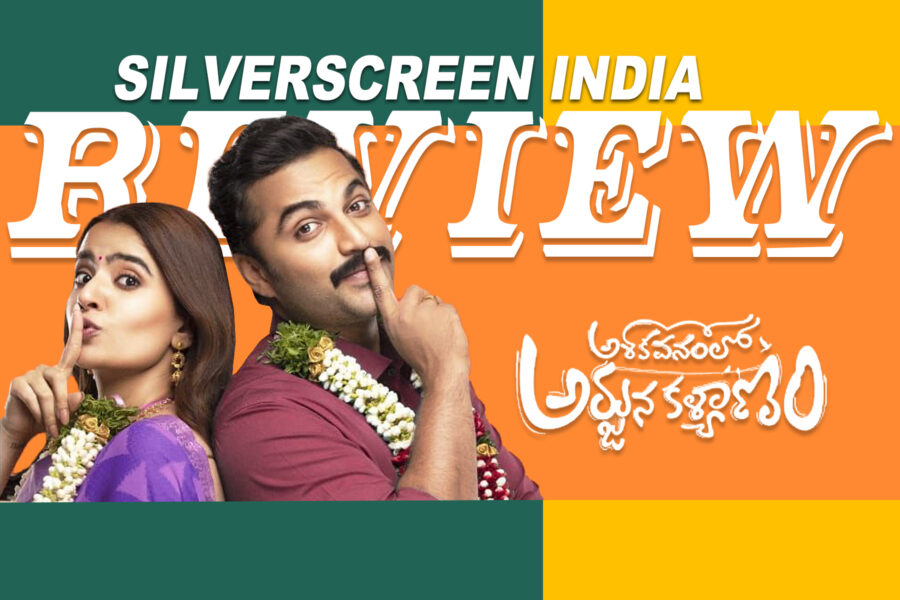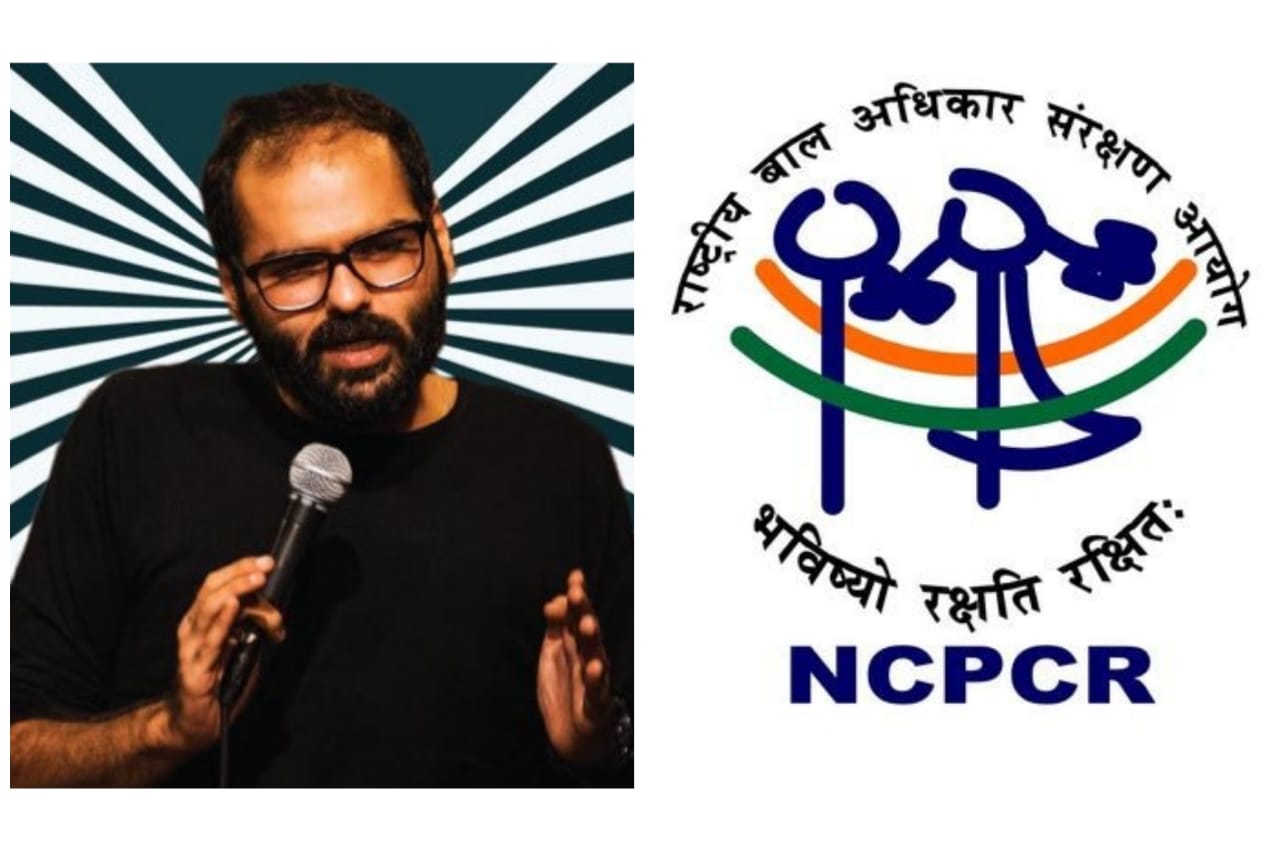Surya Kiran’s Satyam (2003) has a sequence where the hero apologises and, in turn, humanises the groom who’s been left at the altar. Ravi Kiran’s Ashoka Vanamlo Arjuna Kalyanam — Vidya Sagar Chinta directs the film, but it’s Ravi Kiran’s narrative, by its own admission — takes a step further and centres the film around one such man. What happened before he is jilted and what happens after. This alone might not be particularly impressive, but the way the film handles the situation, without demonising anyone else, definitely is. By choosing to sit by the man and his pain, the film creates an opportunity to explore something unique.
Arjun Kumar (Vishwak Sen) is a 33-year-old bachelor. Everyone around him makes it a point to remind him of that fact. In panic and desperation, he agrees to marry a woman, Madhavi (Rukshar Dhillon), from a different city, state, and caste. The rest of the film is about the wedding, Covid lockdowns, finicky relatives, and a small yet striking Ashok Selvan cameo.
The film begins with a frame within a frame. The frame within belongs to the camera of a small-town wedding photographer — a Rajahmundry man who settled in Suryapet, played with ease and prophecy by Rajkumar Kasireddy. Arjun pretending to hold his to-be-wife so her picture can be photoshopped in later symbolises the malleable nature of an arranged marriage well. The meaningful callback to this moment at the film’s end is a great way to trace a full circle; you will never have to hug warm air with the right person.
The film also features excellent dialogues — “Ikkada evadu sanka naakipothee vaade celebrity” is one of them — without being distractingly showy. Viplav Nyshadam’s editing and the sound design ensure clarity and intention despite the crowded nature of the film. The stray conversation between a teenage boy and girl that we can hear but cannot comprehend is also a nice touch. Vidya Sagar, who directed this film, also worked as a cinematographer in Raja Vaaru Rani Gaaru, and his effective use of colour is evident here as well. The scene just before the interval where Arjun meets Madhavi on the steps of some old temple is an example of this. The close up of Arjun is slowly punctured by an out-of-focus Madhavi in a bright red saree. She enters the frame, and a melody follows her as well. It’s a beautiful way to show the state of mind of a man who thinks he is in love.
But the best thing about the film is how it manages to shift focus between two female characters without much friction. Vasudha, Madhavi’s sister, who acts and moves like a stereotypical bride’s sister, morphs into something bigger and better. This shift does not just make Arjun rethink his opinion of her, it makes the viewer do the same. The camera looks at her differently, and so does Arjun, and suddenly, she is everything. A film in the hands of a skilful artist is almost like magic.
It achieves all this by virtue of time. The film isn’t fast-paced, and it isn’t insecure about that. A moment only passes after it is fully realised and felt. Despite being a ‘wedding movie’, no character is treated as an afterthought. Yes, some are caricatures, but that is just how it is. Even the girl that runs away, only does so because she realises that her parents are wrong. Her father is redeemed when he utters the dialogue every kid hopes to hear: “I can’t hurt my daughter for the sake of someone who isn’t relevant to me.” Vasudha, too, is written well. She is a strong woman with dreams and plans, but she allows desire and hurt to move her. Ritika Nayak plays her character wonderfully, and so does Rukshar Dhillon. As someone who isn’t given many dialogues, she converses with her body language; the deep breaths and unsure gait say so much.
The show, rightfully, belongs to Vishwak Sen. Arjun is a peculiar guy. He allows the taunts he receives from his family to define him. He is insecure about his profession, his body and his hair loss. The title credits are of him getting ready and going to the bride’s place. The close-ups allow us a peek into his psyche; a man giddy with the prospect of marriage. He’s known heartbreak, yet he is eager to love someone new. Vishwak is perfect as this guy. Gentle and egoless like never before. He is particularly marvellous in the scene on the terrace with Vasudha, where he is heartbroken at the beginning and romantic by the end. He gets angry and punches people, but that’s not all he does.
Recommended
Ashoka Vanamlo Arjuna Kalyanam gets many things right. Arjun’s sister, a married woman, stops mid-sentence while trying to convince a girl to get married first and work on her dreams later because she knows better. Much isn’t said or made out of it, which makes it much more effective. Even if the censor board beeped it, we know whose idea it is to bang plates and light candles. Even if it uses adivi manishi with a negative connotation — the Brahminic culture looks down on women, not the other way around — it’s easy to forgive a light-hearted film that doesn’t make light of anything or anyone.
*****
This Ashoka Vanamlo Arjuna Kalyanam review is a Silverscreen original article. It was not paid for or commissioned by anyone associated with the movie. Silverscreen.in and its writers do not have any commercial relationship with movies that are reviewed on the site.



